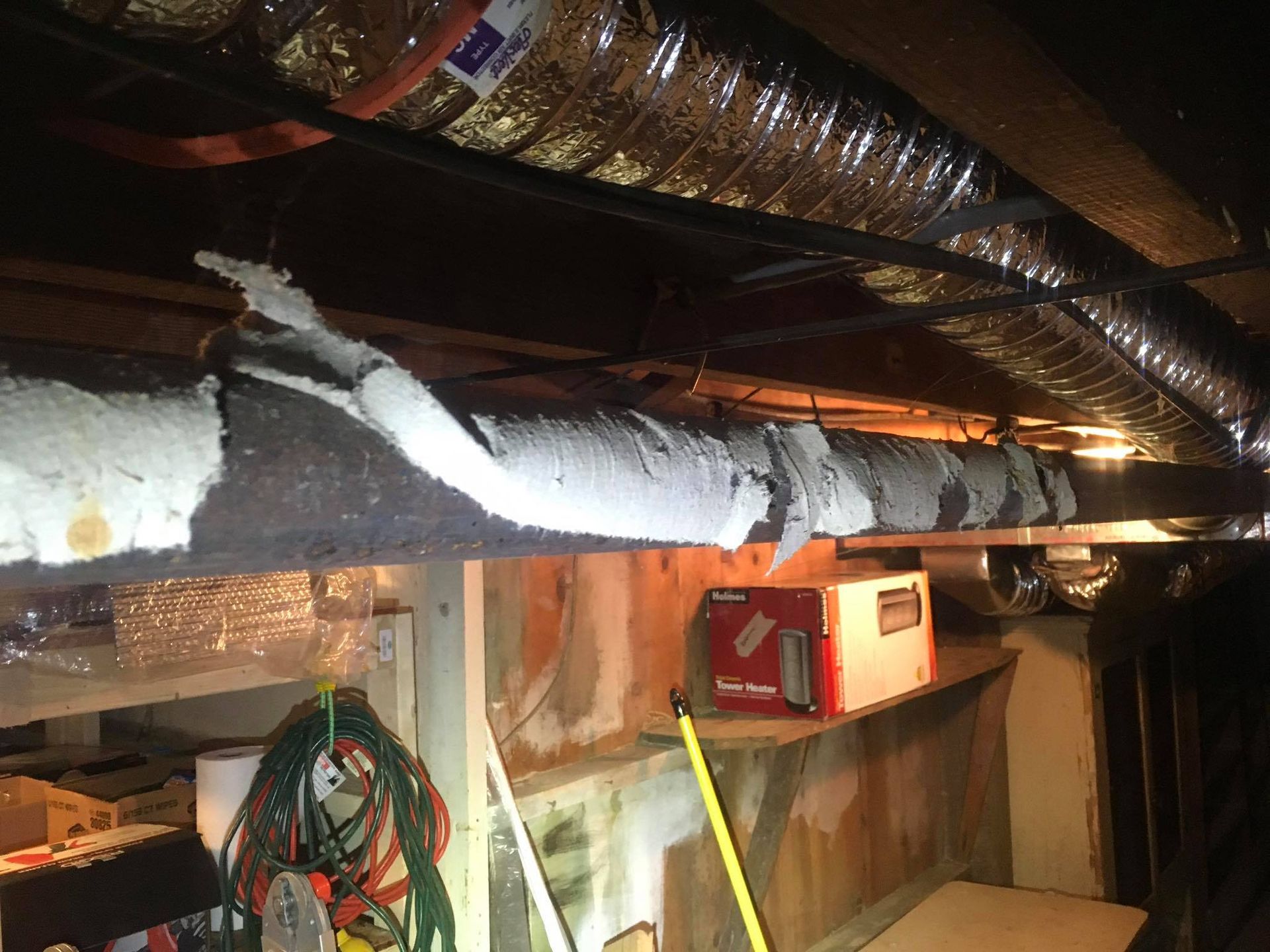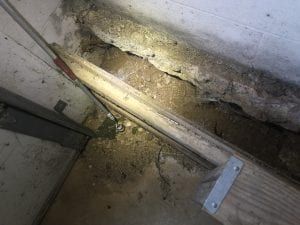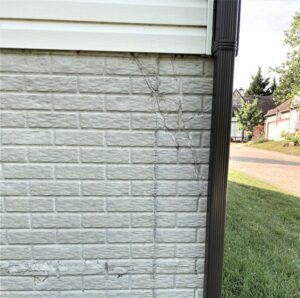Is a home inspection required?

Most people are familiar with the need for a home inspection when buying a new home. You may be surprised to know that in most cases, they are not required.
Buying a home is a common occurrence, but you might be surprised to learn that home ownership in the United States is a fairly new development. Real estate was passed down through families for generations, rather than changing hands. Owners typically had a pretty good grasp of the condition of their properties, thanks to stewards and other staff.
Once mortgages became easier to obtain and more people started to buy homes, it wasn’t as easy to keep track of a home’s condition. Buyers had no easy way of knowing what shape a house was in, unless they had construction or engineering experience. It wasn’t until the late 1930s that the concept of a home inspection emerged. It took decades for the demand to grow, and in 1976, the American Society of Home Inspectors (ASHI) was formed, creating the first Standards of Practice and Code of Ethics for the profession.
Still, lenders didn’t require an inspection for a traditional mortgage. Loans that were insured by the Federal Housing Administration (FHA), though, did require certifications of the condition of the plumbing, heating, electrical, and roofing systems, as well as termite inspections. Rather than hiring separate contractors to do the individual inspections, real estate agents realized they could save themselves a lot of time and trouble by hiring home inspectors to do the work.
Although inspections are no longer required for FHA loans, they are still strongly recommended. Today, nearly 80% of home purchases include a home inspection. This number does fluctuate with the market; during the 2006-2007 real estate bubble, many buyers waived the home inspection clause in their purchase contracts to make their offers more attractive to sellers, and this same trend is happening in the 2021-2022 market. As a result, many buyers are discovering significant issues in their newly-purchased homes, which could have been avoided if they had insisted on a home inspection.
Today’s unusual real estate market has led buyers to waive home inspections in an effort to make their purchase offer stronger. As a result, we are getting more “post-closing” inspections. Unfortunately, these inspections often reveal issues or defects that will be expensive to repair and, had they been known prior to closing, could have convinced the buyer to walk away.
Still, it’s important to know the condition of a home and what its maintenance and repair issues are. Even if your lender doesn’t require a home inspection, you should insist on having one when buying a home. Got questions? Call or email us and we’ll be happy to help.







